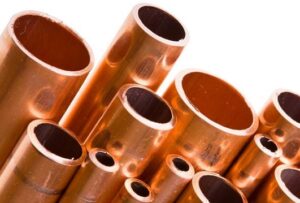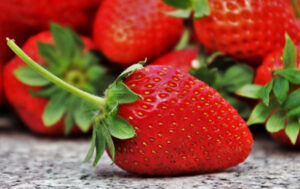
Ukrainian enterprises in January-June this year increased imports of copper and copper products in value terms by 97.1% compared to the same period last year – up to $56.288 million.
According to customs statistics released by the State Customs Service of Ukraine, exports of copper and copper products for the period decreased by 26.3% to $39.433 million.
In June, $8.672m worth of copper was imported and $5.732m worth of copper was exported.
As reported, Ukrainian companies in 2022 reduced imports of copper and copper products in value terms by 64.3% year-on-year to $65.370 million, while their exports decreased by 56.3% to $90.245 million.
Energy imports to Ukraine in 2021-2022

Source: Open4Business.com.ua and experts.news
Imports of energy autonomy equipment, mln USD

Source: Open4Business.com.ua and experts.news
Import changes in % to previous period in 2022-2023

Source: Open4Business.com.ua and experts.news

The Association of Gardeners of the Republic of Poland has appealed to the Minister of Agriculture Robert Telusz with a request to take urgent measures to stop the import of strawberries from Ukraine, to limit it and subsequently stop it completely, reported the Polish edition sad24.pl.
“In connection with the information that has appeared in recent days about the import of large quantities of industrial strawberries from Ukraine to Poland, we asked the Minister of Agriculture and Rural Development to intervene and take urgent measures to stop the possible practice and its reduction – permanently stopped,” the publication quoted the website of the Association.
Polish gardeners insist on preventing a situation on the market similar to that of Ukrainian grains, when uncontrolled imports collapsed the market and caused a huge drop in prices.
The Association of Polish Gardeners insists on the introduction of a system of official quality control of each batch of fruit arriving in the country, especially for residues of plant protection products, and to suspend further trade of goods until the results of the examination.
Import of goods in Jan-Mar 2023 in most important positions to previous period 2021

Source: Open4Business.com.ua and experts.news